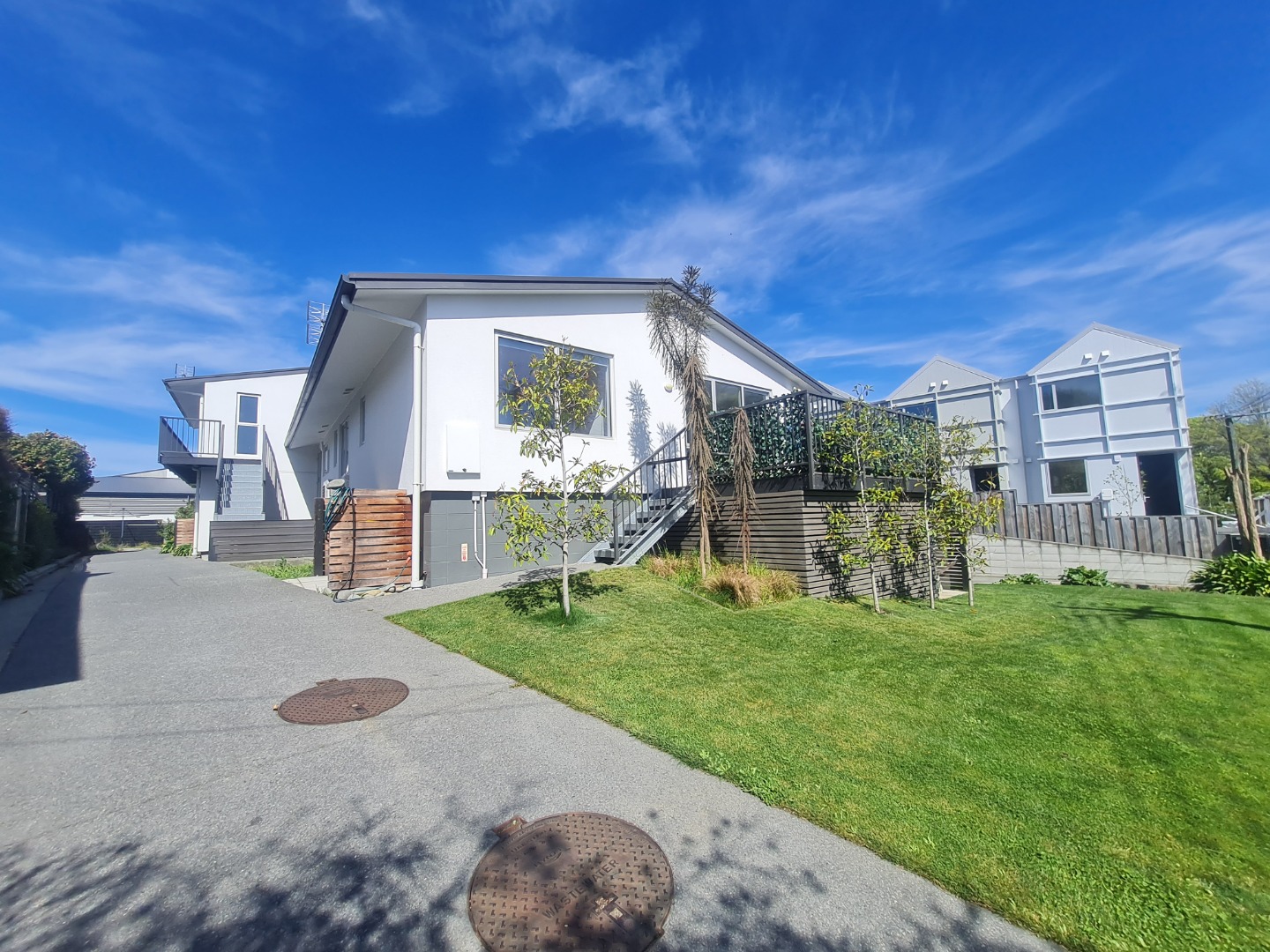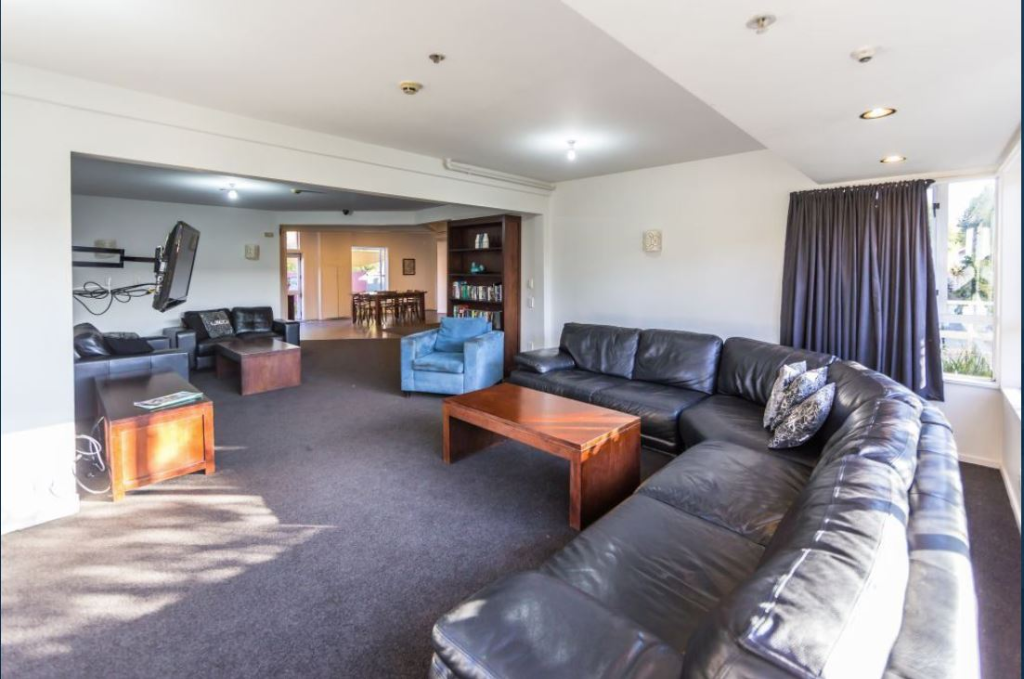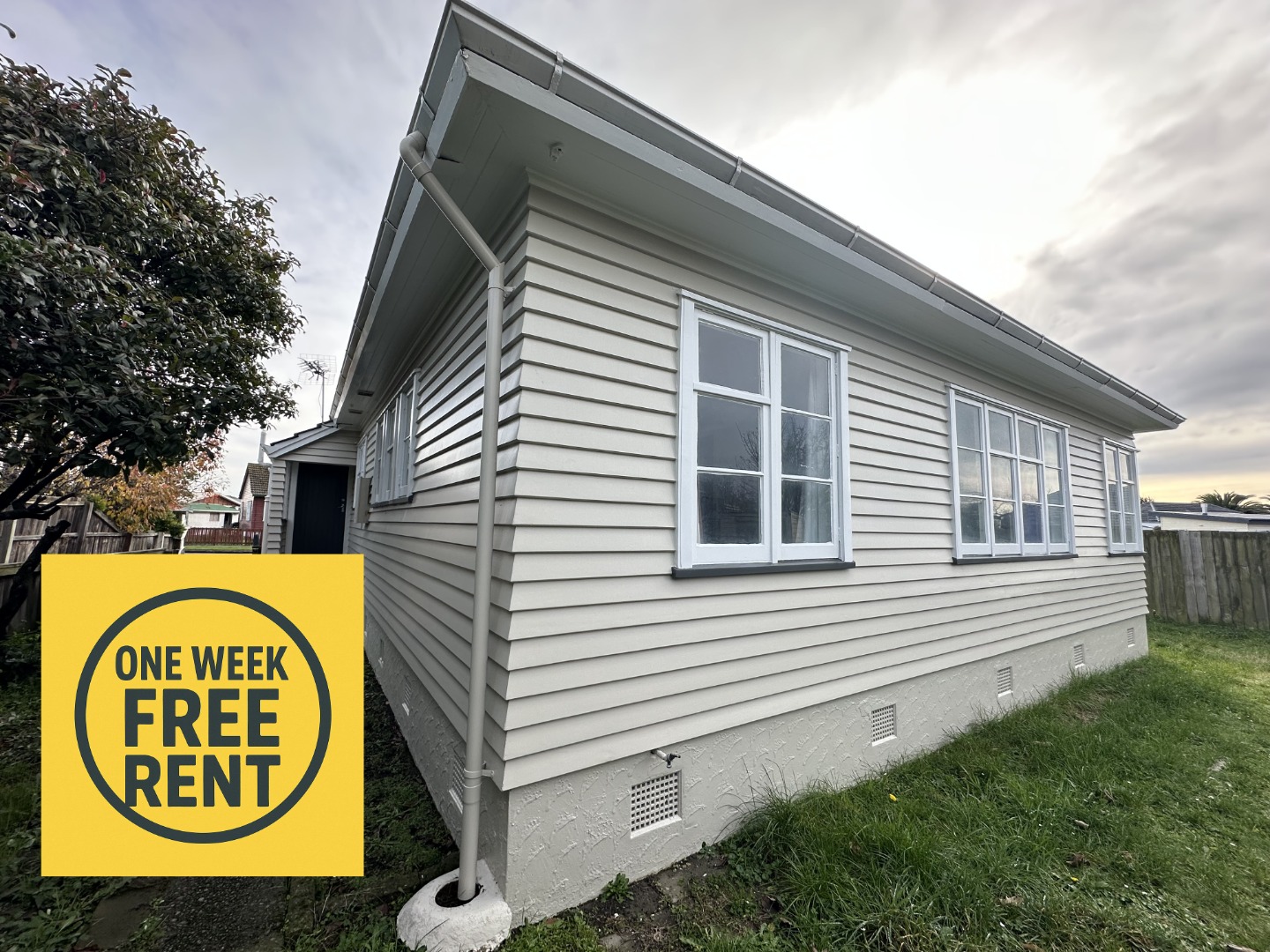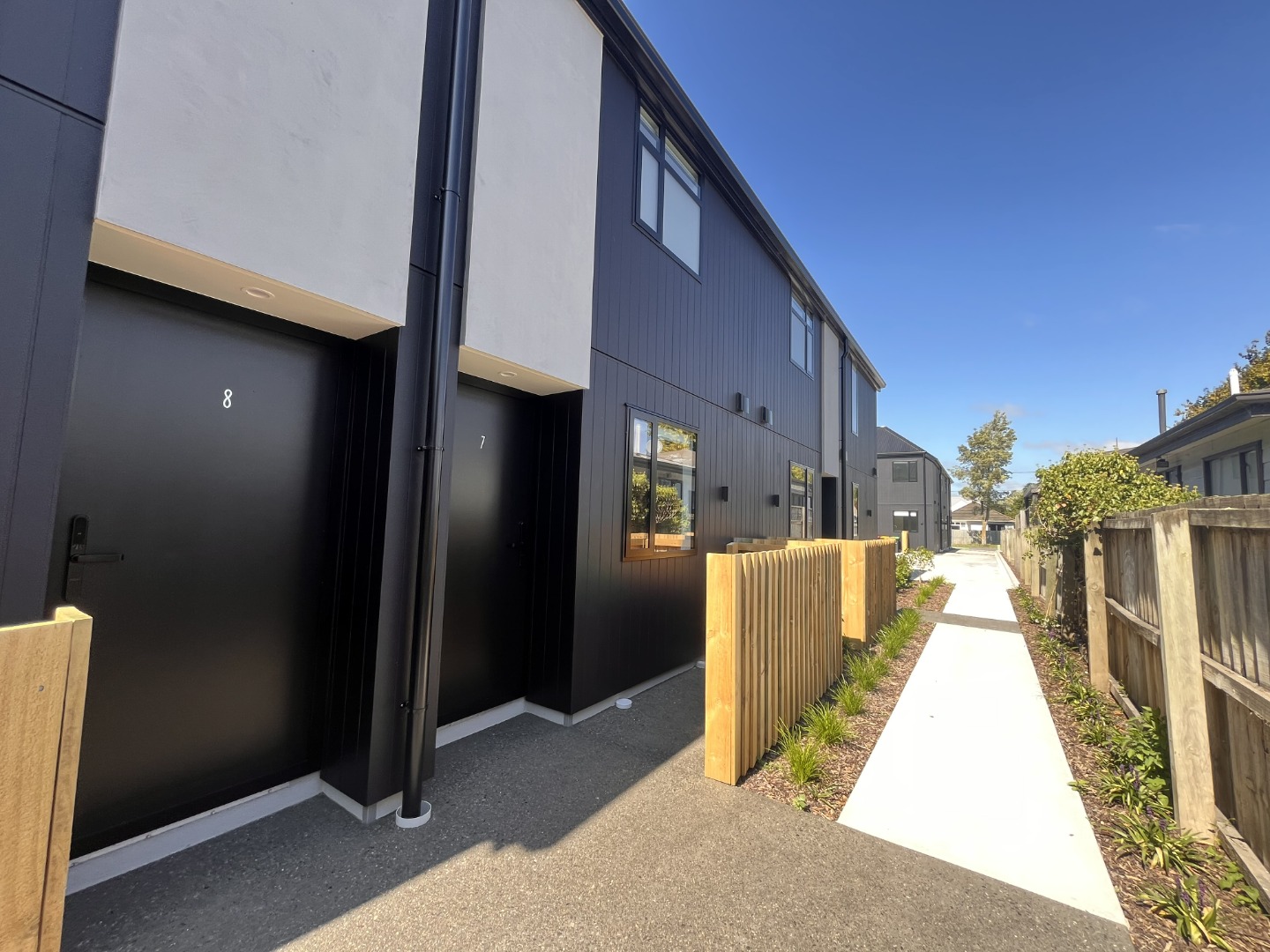

#1 RIGHTS & OBLIGATIONS
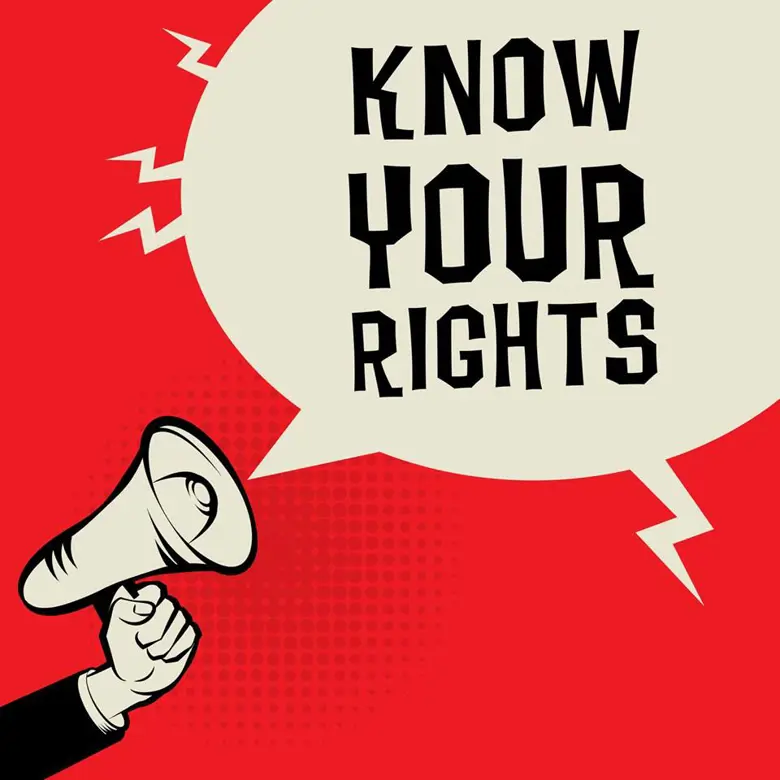
As a landlord, once your tenant has moved in, you need some tools for effectively managing the tenancy which means you need to understand both yours and your tenants’ rights and obligations.
YOUR RIGHTS & OBLIGATIONS
Part of your responsibility as a landlord is to be business-like in the way you manage your tenancy and ensure you give the correct notice for all your activities at the property. You need to be careful you don’t breach the tenant’s quiet enjoyment and ensure you carry out necessary repairs and maintenance in a timely manner.
When it comes to your obligations there are plenty of things you need to do such as understanding what you can and can’t do when it comes to privacy, keeping accurate records and providing secure premises. While there is a lot to get your head around we’re going to touch on three key things – your rights of entry, giving notice and breach of quiet enjoyment.
Property Access by Landlords
While landlords legally only need to give notice to enter the house (not the property), we recommend you always let your tenant know when you will be onsite. Clear considerate communication and respecting your tenant’s privacy goes a long way to building a mutually-beneficial relationship.
If you’re on the property mowing lawns on a regular basis, notice may not be required, however communicate with your tenant and see what they would like in the way of notice. The tenant’s peace, comfort, privacy and quiet enjoyment must be respected at all times and owners can only enter the property between 8am and 7pm, including door knocking for unpaid rent or renovations. The same goes for tradies.
Your Rights of Entry
Landlords can enter the premises under six circumstances as per Section 48, Residential Tenancies Act (RTA). These are:
- With the consent of the tenant
- In an emergency – where there is immediate risk to life/limb/property, urgent repairs for electrical/plumbing/sewer – with no notice required
- To inspect – notice of 48 hours is required and the inspection must be done within 14 days of that notice
- For a subsequent reinspection after a 14 day notice (you don’t have to wait four weeks)
- For necessary repairs/maintenance, 24 hours’ notice plus a reason, if not necessary (i.e. renovation) then you need the tenant’s specific consent and it must be between the hours of 8am and 7pm
- For showing premises to – tenants, purchasers, a registered valuer, real estate agent, an expert engaged in appraising/evaluating premises or a person who is authorised to inspect the premises under any enactment (buyers). If the tenant declines then negotiate with the tenant. They can’t unreasonably withhold access including access for open homes
How to Give Notice
If you need to give notice to your tenant it is important you know the various methods and time frames. These are:
- Email/Text – this is immediate but can only be sent to the email address/phone number listed on the tenancy agreement as address for service. When serving joint tenants, only one person needs to be served, so in the case of multiple tenants we ask one to be “head tenant” as such
- Post – allow four days service
- Mailbox – allow two days
- Pin to door – allow two days
- Hand to tenant – the next day
Breach of Quiet Enjoyment
When following up tenant breaches be careful not to breach the tenants quiet enjoyment. For example, some landlords like to keep a watchful eye over the level of gardening done, this can turn into harassment if constantly remarked on. Ongoing building work creating noise/dust/using tenants’ power or building inconvenience such as the loss of the use of a garage or driveway can often lead to disgruntled tenants.
When carrying out necessary maintenance ensure the timing suits your tenant. If one of your tenants disturbs another tenant of yours within the same block of flats for example, the claimant can make a claim against you under Section 45 (1) RTA. Landlords are required to make an effort to resolve the problem.
If your actions are extreme and ongoing they can be considered as harassment. The Act shouldn’t prevent you from managing your properties effectively and efficiently or from contacting your tenant to follow up on issues, as long as you don’t cross the line.

THE TENANTS’ RIGHTS & OBLIGATIONS
The tenants’ rights and obligations are very clear. As a landlord, you need to maintain good oversight and control of your tenancy with any breaches of the tenancy agreement or RTA fixed promptly. It’s also important to remember the landlord’s mantra: a good tenant is one who pays the rent, looks after the property and doesn’t disturb the neighbours.
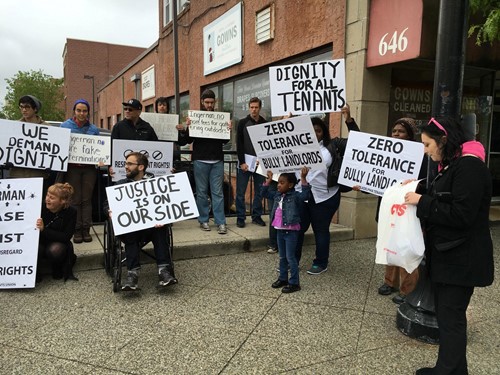
Tenants’ responsibilities as per Section 40 RTA
- Pay the rent – correct amount by the right method and on the due day
- Ensure the premises are used mainly for residential purposes
- Keep the premises reasonably clean and tidy – this doesn’t mean ‘spic n span’ and is also dependent on the age/character of the property
- Notify the landlord of any damage or repairs – the tenant can be liable for further damage caused by a repair not being reported i.e. a cracked window pane that is subsequently hit by a bird strike and thus damaging the wooden frame
- On termination of the tenancy, the tenant is obliged to
- Quit the premises, if they don’t then this is deemed an unlawful act with a fine payable of up to $1,000
- Remove all their goods from the premises, if they don’t then the landlord needs to apply to the Tenancy Tribunal for an abandoned goods/disposal order before removing their belongings
- Leave the premises in a reasonably clean and tidy condition, removing any rubbish
- Return all keys/pass cards/remotes
- Leave all stated chattels
- Not intentionally or carelessly damage or permit any other person to damage the premises
- The current law change due to the Osaki Case now means tenants are only liable for intentional damage
- Use the premise or commit the premise to be used for any unlawful purpose – not necessarily grounds for immediate termination but this section allows you to take immediate action dependent on the degree of the unlawful activity
- Cause or permit any interference with the reasonable peace, comfort or privacy of any of the landlord’s others tenants or neighbours – e.g. younger tenants in Flat 1 playing loud music affecting two elderly tenants in Flat 2
- Not exceed the maximum number of tenants allowed to reside at the premises – you have two options if this occurs, firstly you can ask the tenants to remove extra people or you can increase the rent and add these people to the Tenancy Agreement
- Responsible for the actions of others – such as damage caused by invited guests or people at the premises
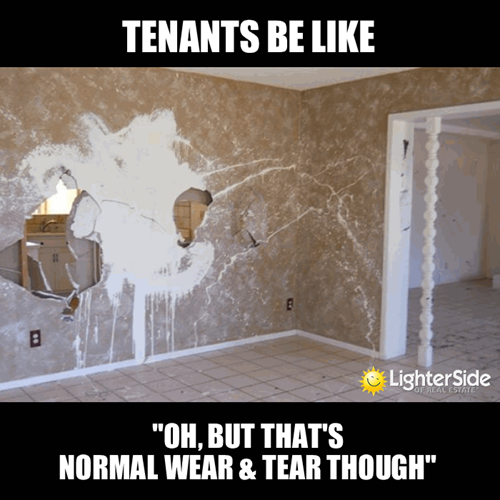
Since the RTA Amendment Act 2020, more responsibilities and regulations have been added to the landlord’s list and we find more people are turning to professional property managers for help.
If you’re currently trying to do it all on your own, or you’re with another property manager and don’t feel like you’re getting the level of care or expertise you deserve, consider making the switch to A1 Property Managers. Transferring to us is simple and won’t cause disruption to existing tenants.
Give us a call today on (03) 351 7643 – we’d love to talk to you about your options, or you can find out more about the services we offer here.

